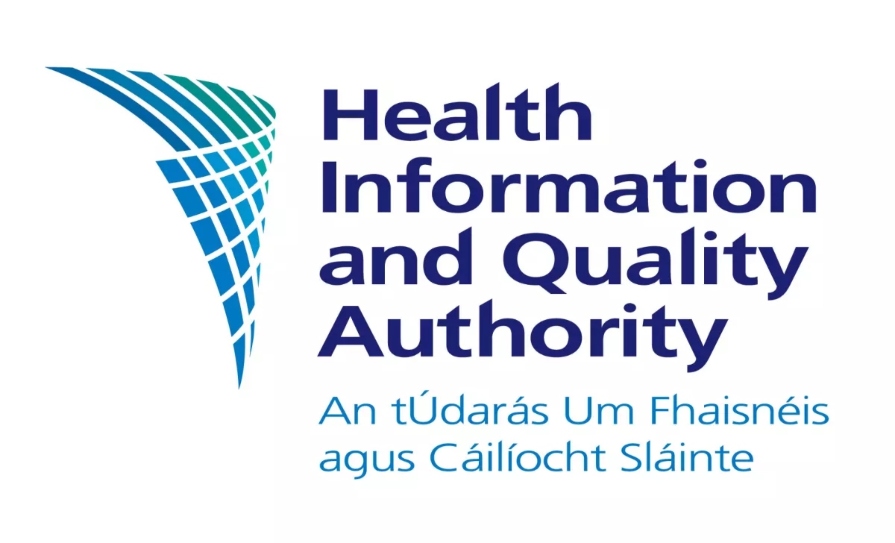The Medical Council has today published its new sanctions guidance, which comes into effect immediately.
In cases where a complaint about a doctor is deemed serious enough to be referred to the Medical Council’s fitness to practise committee, an inquiry may take place. At a fitness to practise inquiry, both parties are given the opportunity to present their case before the Medical Council’s fitness to practise committee. Should there be a finding by the committee that a doctor’s fitness to practise is impaired, the Medical Council must then decide the appropriate sanction(s) to impose. The new sanctions guidance is designed to assist the Council in making this decision.
The Medical Council stated it “believes that it is important to be as transparent as possible, and that the new sanctions guidance will also be of assistance to the medical profession, their representatives, and members of the public”. The document covers:
- the purpose of sanctions;
- the approach taken to sanctions;
- factors to be considered when deciding on sanctions;
- cases which may result in a more serious sanction being imposed.
The Medical Council may revise its sanctions guidance as and when it determines necessary.
Ms Mairead Britton-Doyle, Executive Director, Fitness to Practise and Monitoring at the Medical Council, said: “We’re pleased to launch this revised guidance today. We have focused on clarifying the existing guidance and increasing transparency around the Medical Council’s role in the fitness to practise process. This document aims to be more accessible for both the public and doctors and will help those engaging with the Medical Council to better understand our processes.”
Dr Suzanne Crowe, President, Medical Council, added: “One of the important statutory functions placed on the Medical Council is determining a doctor’s fitness to practise following the investigation of a complaint and fitness to practise inquiry. We’re very much aware of the difficulties that can be involved in going through the fitness to practise process for both doctors and complainants.
“The publication of this guidance today increases the transparency around decision-making processes of the Council when it comes to sanctioning a doctor. Indemnifiers are there for doctors to engage with for support, guidance, and representation throughout the fitness to practise inquiry process, which is complex and legalistic.”
The guidance is available here: https://www.medicalcouncil.ie/existing-registrants-/complaints/guidance-on-sanctions-imposed-by-the-medical-council.pdf













Leave a Reply
You must be logged in to post a comment.